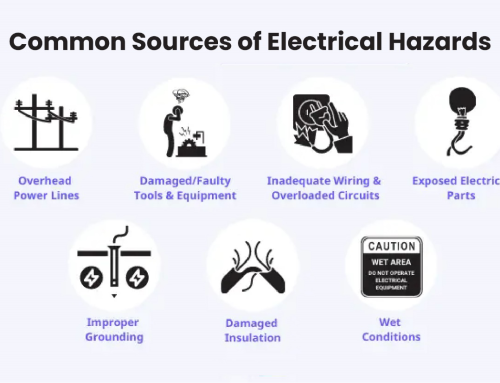Panic attacks are sudden feeling of extreme anxiety and irrational fear of a situation. People experiencing a panic attack may have feelings of dreadful anxiety in doing simple things like leaving their house, going to their workplace or school.
A panic disorder is characterized by recurrent panic attacks. One of the signs of diagnosing a panic disorder is that the sufferer becomes paranoid about having their next panic attack. They will try to avoid any situation that might trigger an attack such as going to crowded places or travelling by planes.
Symptoms Of A Panic Attack
Panic attacks can last from 5 minutes to half an hour and reach their peak within 10 minutes. A panic attack can manifest in the following ways:
- Extreme fear of the current situation
- Trembling
- Sweating
- Dizziness and feeling disoriented
- Rapid heart rate
- Nausea and stomach ache
- Difficulty in breathing
- Numbness in the limbs
What To Do When You’re Having A Panic Attack
Most people start panicking on the onslaught of the symptoms associated with a panic attack. Remind yourself that these symptoms are only due to anxiety and will subside in a few minutes. It’s always helpful to have company with you to reassure you that everything will be alright in a while.
If your breathing is fast, a breathing exercise will help in easing it.
- Breathe in through the nose slowly and deeply
- Breathe out through your mouth slowly
- Concentrate on your breathing while keeping your eyes closed.
How To Help People Undergoing A Panic Attack
As a friend or a family member of a sufferer of anxiety and panic attacks, it can be extremely painful to watch your loved one undergoing an attack. It can benefit you and your loved one greatly if you take up a first aid training course to know how to help someone having a panic attack. Much of the symptoms of panic attack are similar to that of a heart attack.
A first aid training professional will help you identify these symptoms and train you how to prevent your loved one’s symptoms from getting worse.
Here’s how you can help someone undergoing a panic attack.
- Help the person go to a quiet location.
- Remind the person to breathe slowly and deeply.
- Reassure the person that the symptoms they’re facing are not fatal and will soon subside.
- Listen to them about their fear and avoid being judgmental about it.
- Keep talking to them and keep the conversation light. Avoid asking why they’re feeling terrified about the situation.
- Try staying with the sufferer until they feel better or medical assistance arrives.
We understand how agonizing it is to watch your loved one suffer from a panic attack. Metro Safety provides you extensive first aid training courses in Coquitlam, BC. Contact us to register in one of our courses today to help your loved one undergoing a panic attack.







